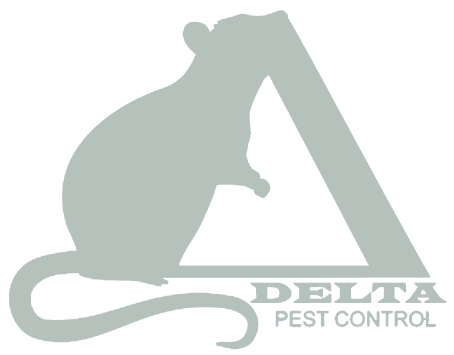What Is Integrated Pest Management?
Why Is IPM Important To You?
The initials IPM are all over pest control websites and vehicles. It stands for Integrated Pest Management. For those that say they do it and don't explain what it is and why it is important, it is like a heart surgeon telling you he's just going to fix a boo-boo.
Before one can explain what integrated pest management is, it makes sense to define what a pest is. According to the University of California Statewide Integrated Pest Management Program, "Pests are organisms that damage or interfere with desirable plants in our fields and orchards, landscapes, or wild-lands, or damage homes or other structures. Pests also include organisms that impact human or animal health. Pests may transmit disease or maybe just a nuisance. A pest can be a plant (weed), vertebrate (bird, rodent, or other mammal), invertebrate (insect, tick, mite, or snail), nematode, pathogen (bacteria, virus, or fungus) that causes disease, or other unwanted organism that may harm water quality, animal life, or other parts of the ecosystem."
Integrated Pest Management focuses on the long term prevention of pests by strategically using a complex combination of techniques. Pesticides are only used when needed in accordance with predetermined guidelines with the goal of only removing the pest that is causing the issue. Delta Pest Control, as part of our IPM program, will only select and apply materials in a way that reduces risks to people, animals and insect life other than the pest we are going for, and the environment.
There are four categories that managing pests are generally grouped into:
Biological Control: This is the use of natural enemies to take care of the pest and reduce the damage it causes.
Mechanical and Physical Control: Rat traps and screens to keep out birds fall into this category.
Cultural Controls: These are practices that reduce the pests' ability to establish a nest or colony, reproduce, spread out, and survive. An example of this is shown in a study entitled, Predicting and controlling building infestations of the pest ant, Linepithema humile, (Argentine Ant) by urban landscaping. "Manipulative trials of providing water and food outside of infested structures reduced the number of ants in the structures and altered the distribution of ants. Our results suggest that landscaping solutions can reduce infestation rates by reducing the incentive ants have for searching within buildings. Modifying landscapes could be an alternative to using pesticides for Argentine ant control."
Chemical Control: Pesticides are used as a last resort and with the other approaches listed. We will only use products that keep you and your surroundings safe from harm.
Delta Pest Control does not just kill the pests you are seeing. Our IPM program considers all factors that allow the pest in and to thrive. By safely modifying these conditions, We set you up for a long term pest-free environment.
